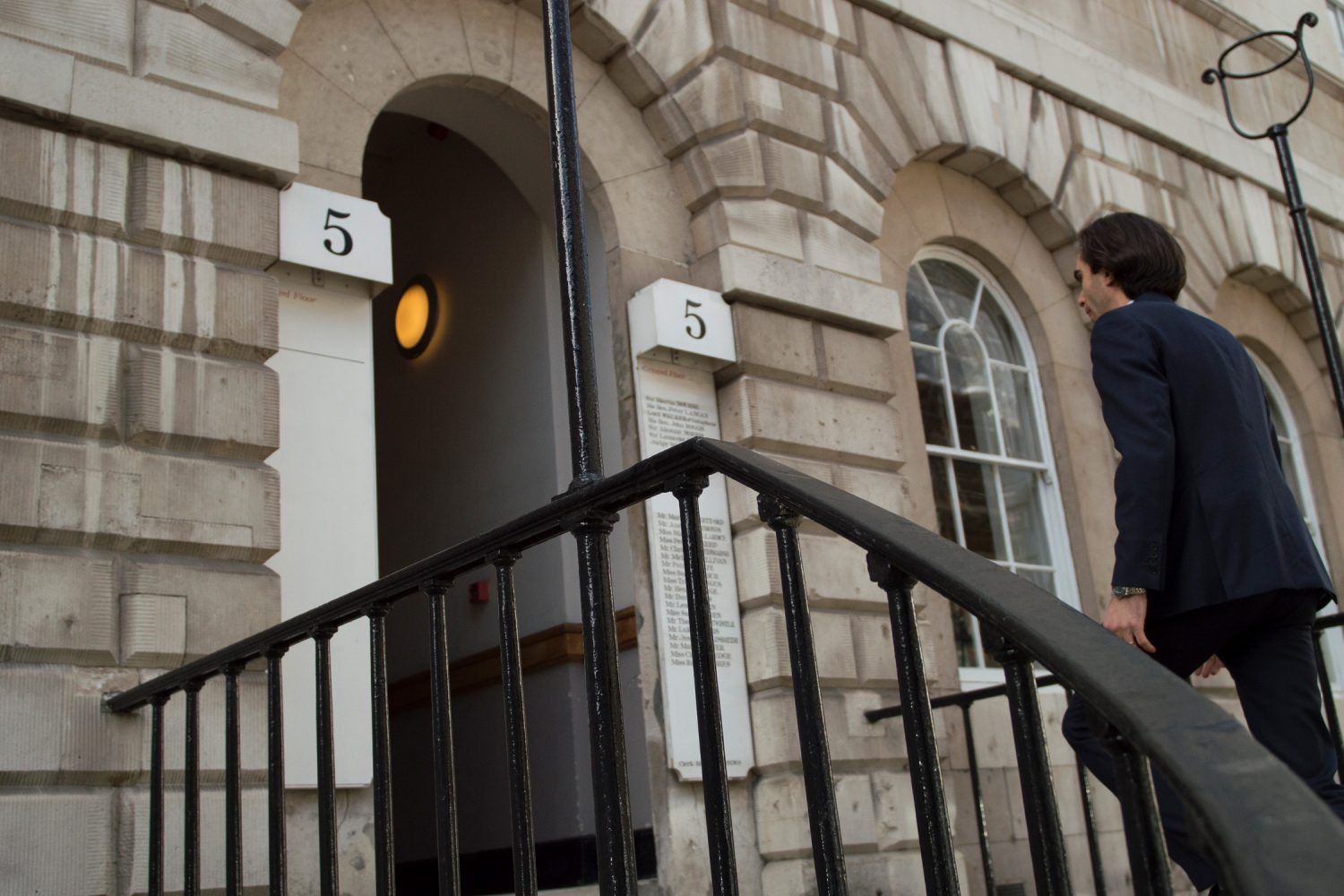David Rees KC obtains costs protection for personal representative of potentially insolvent estate
David Rees KC appeared for the claimant in the case of Re Hosein Deceased: Wedgwood v Hosein & Another [2024] EWHC 1836 (Ch), judgment in which was published by Master Marsh (sitting in retirement) on 24 July 2024.
The case relates to the estate of a deceased who died of Covid-19 in January 2021. Under his will the deceased left a nil rate band legacy to his minor children and the residue of his estate to his wife. However, the estate is subject to a number of third party claims. One of these claims, brought by the deceased’s former employer is potentially worth c £2.5m and if it succeeds the estate may be insolvent.
If the estate proves to be insolvent and an insolvency administration order is made, then any payments that have been made by the personal representative in the course of administration will be void unless ratified by the court under section 284 of the Insolvency Act 1986. This will include the personal representative’s own costs of administering the estate.
In this case, the personal representative was an independent solicitor who had been appointed by the court under section 50 of the Administration of Justice Act 1985. Faced with the claim by the deceased’s former employer, the personal representative brought an application in separate proceedings seeking Beddoe relief directing him to defend the claim and an order under section 284 of the Insolvency Act 1986 ratifying the costs that he would incur in following the Beddoe directions. The section 284 order was opposed by the deceased’s employer which was joined as a party to the application.
In his judgment the Master identified that when considering an application for Beddoe relief it is helpful to consider, with the benefit of the privileged material, what a reasonably minded litigant, fully advised and with a cautious approach to risk would do in the circumstances. On this basis the Master gave the personal representative to take certain interlocutory steps in the main claim.
In relation to the application for an order under section 284 Insolvency Act 1986 the employer sought to argue that the relevant test was that found in paragraph 12.8.8 of the Insolvency Practice Direction which states that the court must be satisfied by credible evidence that the transaction in respect of which the order is sought will be beneficial to or will not prejudice the interests of the all the unsecured creditors as a class. For the personal representative, David Rees KC argued that following National Westminster Bank plc v Lucas and others (re the Estate of Jimmy Savile) [2014] EWHC 653 (Ch), the court was required to balance the interests of both creditors and beneficiaries in respect of both the Beddoe application and that under section 284, a submission that the Master accepted. The Master recognised that to grant Beddoe relief but to refuse an order under section 284 (or vice versa) would place the personal representative in an impossible situation and made an order under section 284 Insolvency Act 1986 ratifying the costs that will be incurred by the personal representative in implementing the Beddoe directions.
The Master also gave guidance as to the extent to which the parties to a Beddoe application should make reference to events that had taken place at a mediation of the main claim.
The decision can be found here

